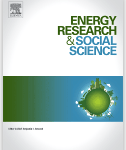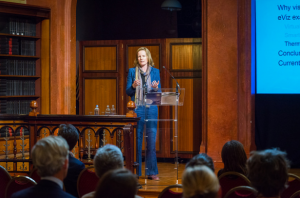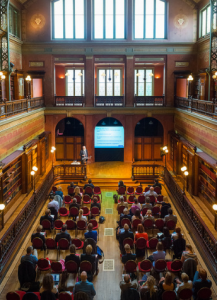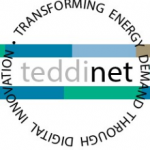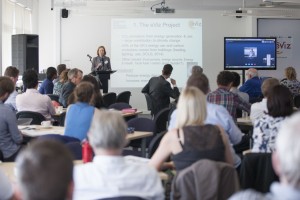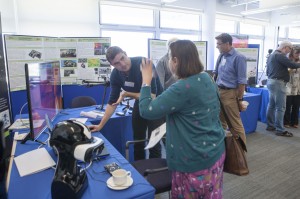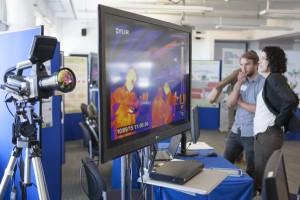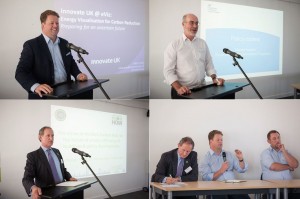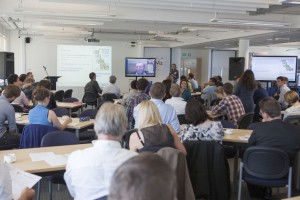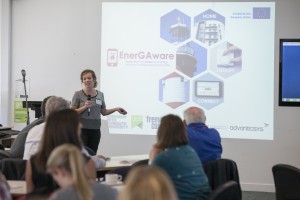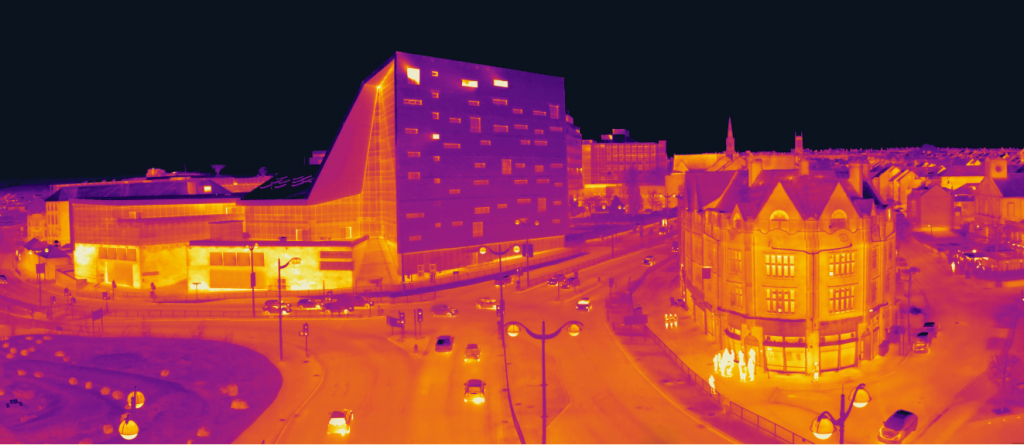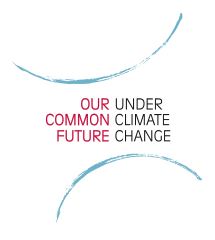A new paper has been published from the eViz project as part of a special issue on “Narratives and Storytelling” in Energy Research and Social Science. The paper uses a mental model approach to investigate thoughts around heat flows in the home. Click here to view the paper.
Mental models of heat: Exploring how people think about heat flows in the home
Julie Goodhew, Sabine Pahl, Steve Goodhew & Christine Boomsma
To achieve energy efficiency targets, the behaviour of building occupants is critical in counteracting or enhancing efficiency measures. Yet behaviour and decisions are construed through the lens of the mental models that occupants hold. We used a mental models methodology to extend previous research in order to elicit occupants’ (N = 25) wider models around how they believe heat operates in their home. The research aim was to analyse the stories of heating, to reveal beliefs that occupants use when ‘operating’ their buildings. Twenty-five participants were asked to relate how they imagined (i) how their thermostat operated, (ii) how quickly their home heated up, (iii) where heat goes to when the heat source is switched off, (iv) how insulation works, (v) how heat flows around the home. We document the variety of mental models and specific features, e.g. how a high internal temperature can stem from a goal to feel warm fast, that when occupants use ‘technical’ vocabulary they may be imagining a different process from ‘experts’, how people use analogies such as wetsuits and weather patterns. We discuss the implications for energy efficiency. The stories of building users around how they operate their heating systems reveal assumptions that influence behaviour and can inform future communications.

